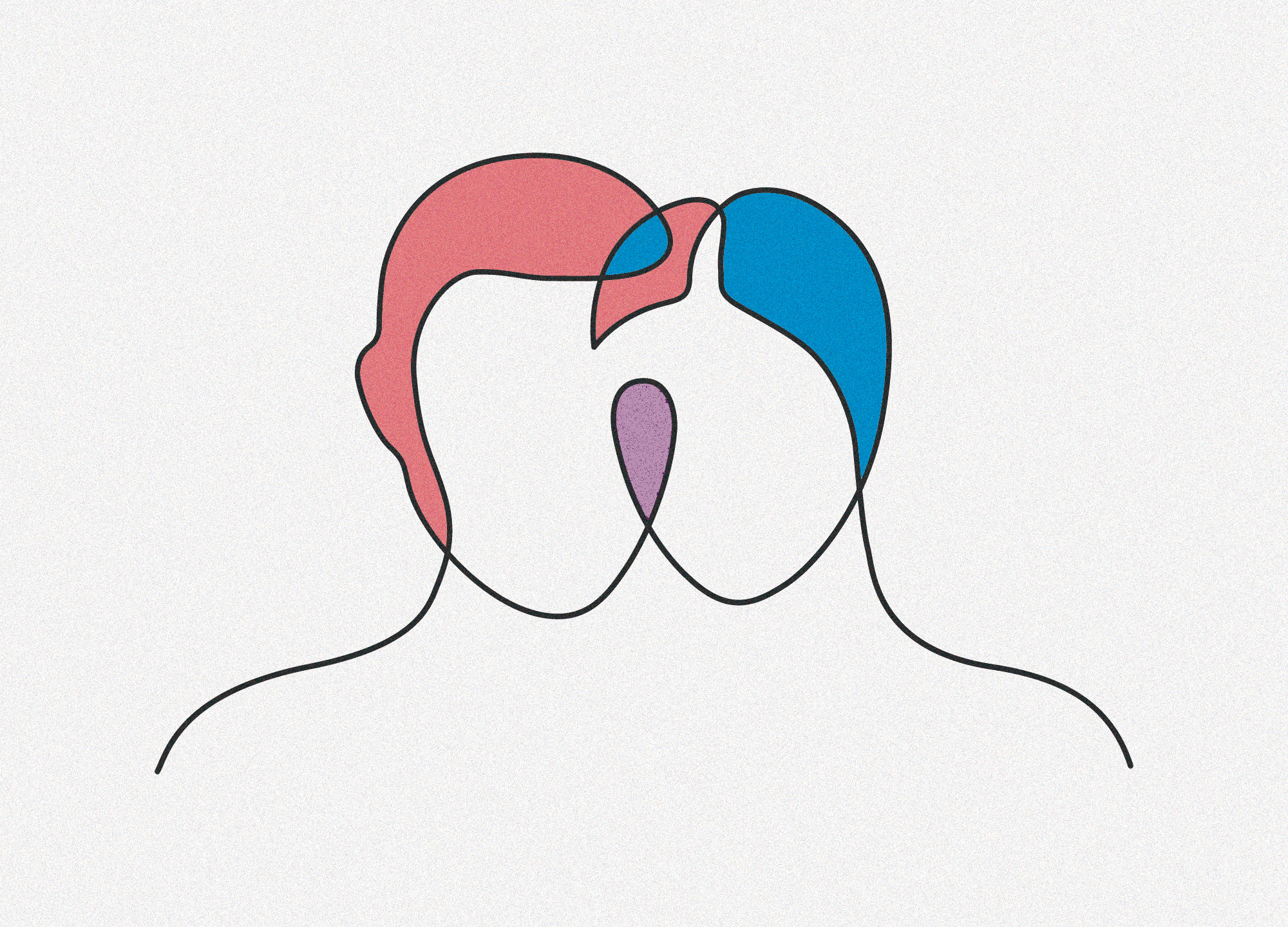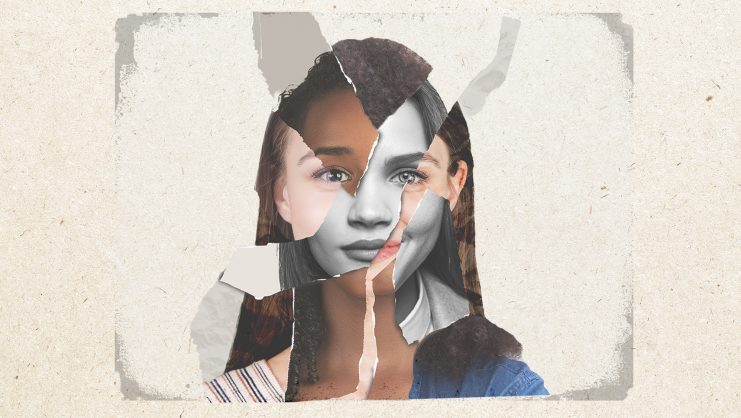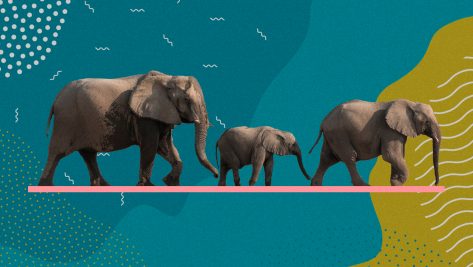Some years ago, whilst organizing an event for International Women’s Day, I had the chance to speak to the children of my client’s employees about their views on the day. I was struck by one of the boys, Jaime, 12 years old, and his mix of anger and indignation when he asked me: “Why on Earth is there no special Man’s Day?”
His question had a lasting impact on me because from his perspective, that of innocence and a lack of knowledge (we celebrate International Man’s Day every 19 November), he thought we were celebrating women and, in a way, forgetting the part of the society he would most identify with: men.
In a matter of seconds, Jaime had said it all: not only did he bring to the table the feeling that many men nowadays experience of being excluded from (or not concerned by) initiatives on gender diversity, but he also reminded me why initiatives such as The Bridge, which I co-founded with Ritxar Bacete, are essential to act as a link between men and women.
Only by reiterating a dialogue based on compassion and understanding between men and women will we make a meaningful push towards a more equal society. How can we try to change society if we discount the honest input of half of the world’s population? What is at stake when feminine models change but there is no evolution of the current traditional masculine references? Half of society pushing for something the other has had no awareness of, no say in, has no true understanding of, and feels threatened by.
We have fallen into the trap of separating ourselves.
Some may question why we are talking about men today, you might even be thinking “men are once again taking the limelight on a day that is supposed to be fully dedicated to women”. This is understandable, so let’s dig a bit deeper.
Of course, the achievements and struggles of women must be recognized. International Women’s Day provides empowerment in this sense and makes all that is traditionally linked to feminity something to celebrate. Since 1911, every 8 March, we, at the individual and group level, companies, and governments have worked to do something impactful. Each year, a series of inspiring initiatives trying to uplift women pop up across the world, seeking higher visibility in order to level the playing field and reach gender equality quicker. These initiatives lead to legal amendments, improved awareness of gender pay equality or education initiatives, and an increased (mostly authentic) will for change.
But things move slowly… too slowly: with the World Economic Forum Report in 2021 estimating it will take another 136 years to close the gender gap. Why is progress so slow? Because we have fallen into the trap of separating ourselves, without recognizing that this separation is itself a step back.
Indeed, the #metoo movement and other initiatives unintentionally increased the distance between men and women in the field of gender equality, and this distance is reflected in institutions, organizations, and society as a whole. Therefore, developing myriad initiatives to push women forward becomes pointless if, at the end of the day, they (or better, both men and women) need to adapt to non-human structures (organizations and society) in order to survive and flourish.
Most companies are based on cultures, norms, values- implicit or explicit- of toxic masculinity, that play with our views of the self, both as men and women. This is what we need to change, quickly and together.
Women can’t be what they can’t see, and men can’t either.
It would be unrealistic to ignore the current wave of power, domination, and opposition that is in the air in the current international climate. This serves as a reminder that traditional toxic masculinity characteristics are still shaping our society and serving as outdated references for children, something which triggers separation and violence. Especially on this day celebrating women, we need to recall that “if women win, men do too”.
As Liz Plank explained in her book For the Love of Men, a more equal society has perhaps unforeseen benefits for men too: “If women are educated and can work, it lessens the financial responsibility that rests on the shoulders of men. The less gender equality you have, the more you have a traditional society where men are expected to shoulder unequal responsibility. Research by acamedic Oystein Gullvag Holter has studied this effect: the data collected shows that societies with lower levels of gender equality are the ones with the highest rates of male suicide and that the gender gap in suicide is smaller in nations with higher gender quality.”
Indeed, research shows the need for power, success, and self-reliance sets up men for failure because it generates a vicious cycle of pain. Feelings of inadequacy are fueled by unrealistic ideals about masculinity and then those very same beliefs discourage them from asking for help. The more a man identifies with the beliefs of traditional masculinity, the more vulnerable he is to these feelings of inadequacy. This has a butterfly effect on organizations and society as a whole, as people who feel inadequate can fail to reach their potential due to social inhibition and a failure to take on constructive feedback.
Reminding men that “being feminine is not a weakness” and, in fact, deeper exploration of the feminine will allow them to create new, more expressive forms of masculinity, is paramount. Alexithymia, the inability to properly describe emotions, is more pronounced when within traditional “macho” forms of masculinity, and this inability to describe emotions prevents the empathy for self which helps lessen the effects of harmful masculinity on men.
Let’s not forget that we have made significant progress towards being a society where we don’t think girls should be limited by gender, but we should be careful not to forget that boys shouldn’t be either. Women, let’s be mindful of our gender, but also of how we can help create a new masculinity.
So, my dear Jaime: yes, we should celebrate men as well as women. But, we adults have a responsibility to create new models not only for women but also for men. Because women can’t be what they can’t see, and men can’t either.
© IE Insights.











